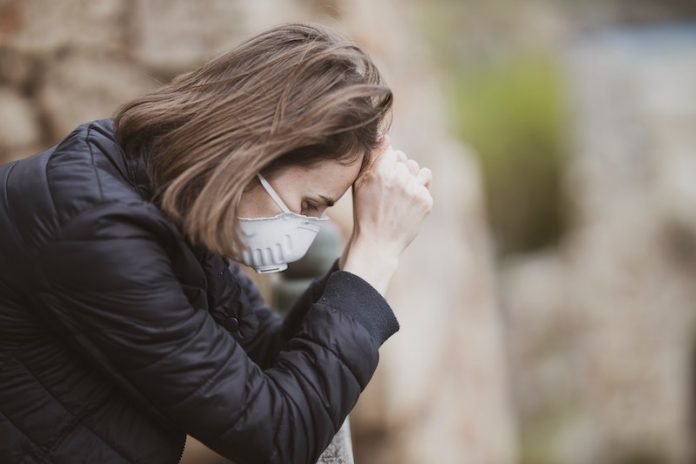
In a recent study published in Science, researchers partially solved the mystery of why some people are less naturally resistant to COVID-19 than others.
The study is from the U.K. and Brazil. One author is Arthur Wickenhagen.
As the global pandemic has unfolded, it has become clear that some people have much more serious symptoms when contracting COVID-19 than others.
Indeed, some people have been found to exhibit no symptoms at all, while others become so sick that they die.
In this study, the researchers conducted extensive interferon-stimulated gene expression screening to isolate possible enzymes involved in alerting the immune system to an infection.
Interferons are signaling proteins that alert the body when invasive entities such as bacteria and viruses are detected.
The team found OAS1, an enzyme that reacts to interferon signaling by calling for an immune response when the SARS-CoV-2 virus is detected.
Prior research has shown that OAS1 attaches to membranes using a prenyl group as part of the signaling process. Prior research has also shown that this signaling can inhibit replication of the SARS-CoV-2 virus.
Noting its value in protecting people against COVID-19, the researchers looked at the transcriptomes of 500 COVID-19 patients who had experienced a wide range of symptoms and found that those who did not have prenylated OAS1 experienced much more severe symptoms.
Why some people are born without the enzyme is still a mystery, but the work by the team could help lead to new types of vaccines against COVID-19 and other types of infections.
Intrigued by their findings, the researchers turned their attention to another mammal possibly involved in the pandemic—the horseshoe bat.
They found it did not possess the form of prenylated OAS1 that protects humans from the virus, helping to explain why the virus is so deadly to that species.
The finding could also help explain why the bats are such prolific hosts to a variety of viruses.
If you care about Covid, please read studies about how to overcome COVID-19 pandemic fatigue, and findings that COVID-19 booster shot can help most people with cancer.
For more information about the pandemic, please see recent studies about why people with diabetes more likely to get severe COVID-19, and results showing everything you need to know about COVID-19 booster shots.
Copyright © 2021 Knowridge Science Report. All rights reserved.



